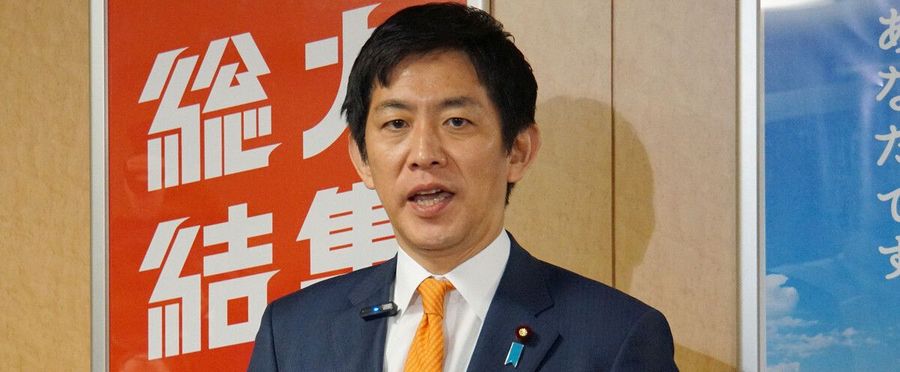In a move towards greater unity, Japan recently came to an agreement on establishing a body designated for policy decision discussions. This move is seen as a favorable approach towards cross-party politics in Japan, aiming to ensure policy decisions are reached in a more balanced and inclusive manner. There's no information about the date or location of the decision, but this development marks a significant shift in the political landscape.
Most of the important policy decisions in Japan have traditionally been made within a single party or a coalition in power. Therefore, the establishment of a body for a discussion that involves multiple parties reflects a democratic evolution. This also indicates a wider acceptance of consensus politics in the country. People in Japan, who are keen on public participation and inclusivity, have generally welcomed this approach.
In comparison to the US, where policy decisions are usually polarized between two major parties, this move by Japan leans towards the European Union model of policy-making, which often relies on broader consensus involving varying political parties and affiliate groups within its parliamentary system.

